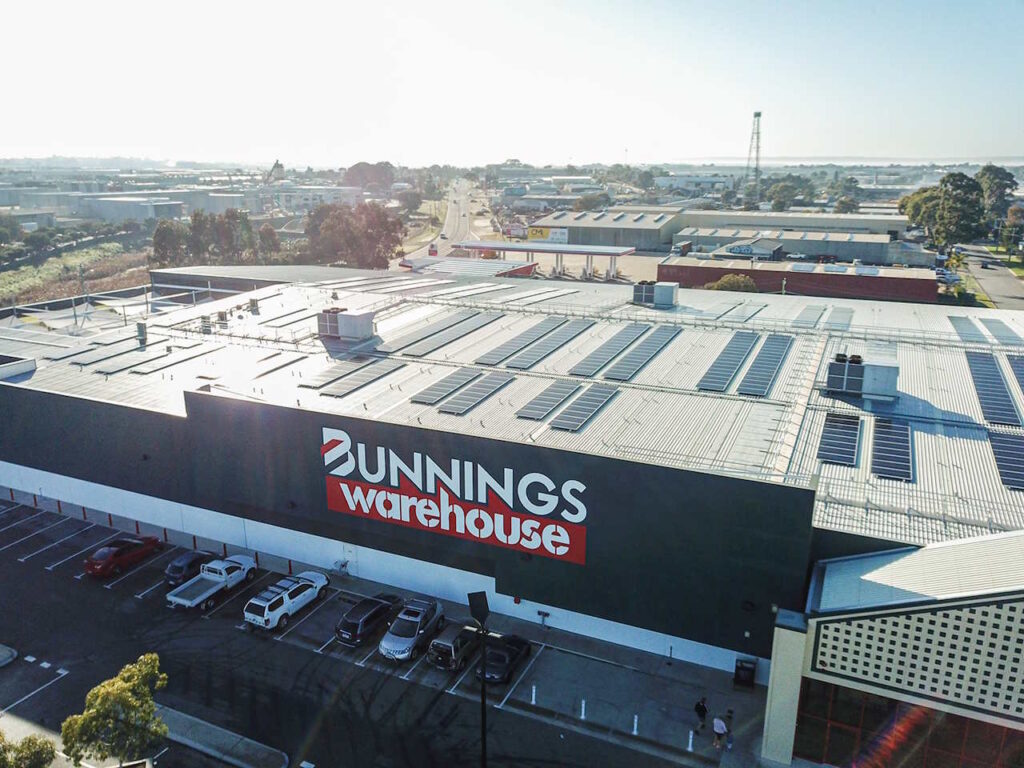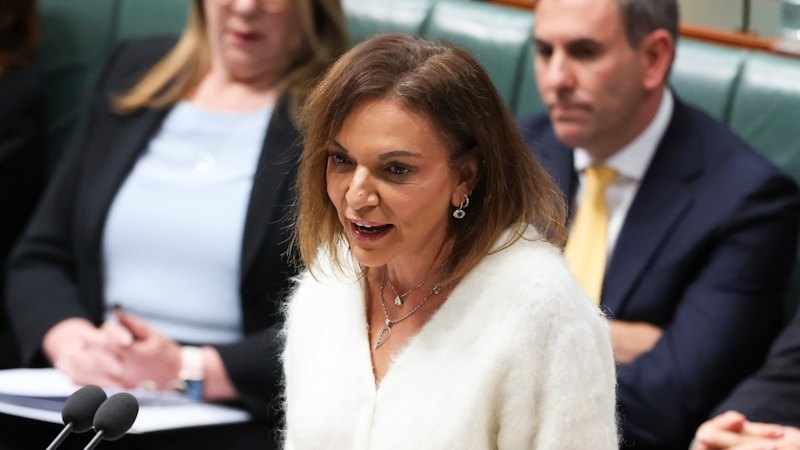
The rooftop photovoltaic (PV) and home battery market in Australia is poised for a significant transformation as hardware giant Bunnings introduces a zero up-front installation cost offer to Australian households. This strategic move aims to position Bunnings as a dominant force in the rapidly expanding sector.
The announcement comes on the heels of the federal government’s home battery rebate scheme and follows Bunnings’ recent decision to enter the home energy market by offering electric vehicle (EV) home charging products in its stores. The home battery market is experiencing a boom in Australia, fueled by the government rebate, with battery installations surpassing rooftop solar installations as households race to retrofit.
Bunnings’ Strategic Market Entry
Bunnings is targeting the substantial portion of the market—approximately two-thirds of households—that have yet to install solar. In partnership with software company Intellihub, Bunnings is offering an integrated solution featuring an app and technologies from major players in the Australian market, including battery maker SigEnergy and solar module supplier Das Solar.
Ryan Baker, Bunnings’ Chief Operating Officer, explained that the launch of the Zelora product, initially available online for customers in the Sydney and Newcastle areas, aims to assist Australian households in transitioning to renewable energy with practical solutions.
“Many customers find home electrification complex and may not be aware of the benefits it can offer,” Baker stated. “Zelora has been developed to simplify the home battery and solar opportunity for customers in a cost-effective way.”
Implications for the Home Energy Market
The entry of such a major player, backed by Australia’s largest conglomerate, is expected to disrupt the home energy market. While the sector is robust, it has been characterized by low margins due to intense competition. Bunnings and its parent company, Wesfarmers, recently secured $100 million in lower-cost finance from the Clean Energy Finance Corporation to support the rollout of rooftop solar on its stores, even though they have already achieved their 100% renewables target, as well as the deployment of EV fast chargers at their locations.
Intellihub’s Executive General Manager in Australia, Alastair McKeown, highlighted the collaborative development of the product with Bunnings, leveraging the brand’s unparalleled recognition.
“They wanted to move into the home energy space, and we wanted to create something different, so we co-designed a product that gives access to people who don’t have $15,000 to $20,000 to spend on solar and batteries,” McKeown told Renew Economy. “Bunnings is the most trusted brand in Australia. We felt that combining that trust element with our optimization tech, the customer will get the best outcome.”
Technological Integration and Customer Benefits
Intellihub, which has been deploying smart meters across Australia at a rate of 30,000 to 40,000 per month, will utilize a similar network of installers and electricians for this rollout. The company will also provide the technology for the app that Bunnings will offer to its solar and battery customers.
The app is designed to provide insights into customer savings and alert them to any issues with their equipment. McKeown noted that many people install solar and batteries without realizing when the equipment is not functioning correctly. The app will also offer options for EV charging and pool pump controls.
Subscription-Based Model
The Zelora product will initially be trialed in Newcastle and greater Sydney before being expanded nationwide. It will offer monthly subscriptions ranging from $80 for the smallest battery to $174 for the largest solar and battery combination.
For more detailed information about the Bunnings offer, including pricing, please see our story on our sister site, One Step Off the Grid.
This development represents a significant shift in the home energy landscape, with Bunnings leveraging its brand power and strategic partnerships to make renewable energy solutions more accessible to Australian households. As the trial progresses, the industry will be watching closely to see how this initiative influences market dynamics and consumer adoption of home energy solutions.






